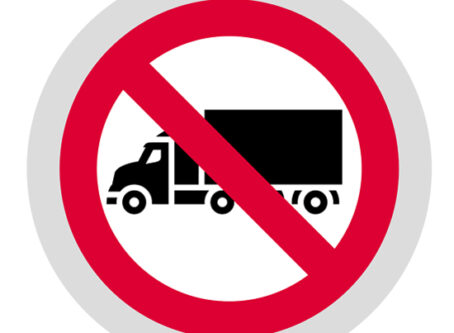Washington state acts to improve truck parking
A new law in Washington state is intended to help ease parking concerns for professional drivers.
The Washington State Department of Transportation owns and operates 47 rest areas. The agency reports that most are open to the public 24 hours each day.
Previous state law allowed visitors to park at facilities for up to eight hours. There was no time restriction if the vehicle is disabled.
Gov. Jay Inslee signed into law a bill that changes allowable parking time to eight hours within a 24-hour period. Originally, the bill called for limiting parking time to four hours. The new law takes effect on July 28.
Advocates for the rule change said all anyone needed to do to get around the previous eight-hour rule was to remove a vehicle part and claim the vehicle was disabled.
Previously SB5506, the new law mandates the Washington State Police to impound disabled vehicles after 48 hours.
Commercial vehicles are exempt from the new law, allowing them to park at rest areas for up to an hour beyond federally mandated rest periods.
A spokeswoman for the Washington Trucking Associations testified during a recent hearing on the bill that Washington is the “most trade-dependent state in the nation.” However, the state is ranked 44th in available truck parking.
“Safe and accessible truck parking is crucial to the trucking industry,” WTA’s Sheri Call said. She added that predictable parking is a high priority for truck drivers, and can contribute to a professional driver’s “quality of life.”
OOIDA
The Owner-Operator Independent Drivers Association says the truck parking shortage nationally remains one of the biggest issues for truckers.
Mike Matousek, OOIDA’s manager of government affairs, has said calling it a truck parking “crisis” is probably a more accurate description of the situation.
“We continue to work with lawmakers and transportation officials in D.C. and across the country, but progress is slow,” he said. “We’re well beyond the point of needing another study, or a working group, etc. We need more truck parking capacity. Period.”
He adds that “if people in a position to make a positive difference continue to drag their feet, this will get much worse to the detriment of public safety and a significant portion of the trucking industry.”
“Solutions exist, so it’s time for lawmakers and transportation officials to act.”









